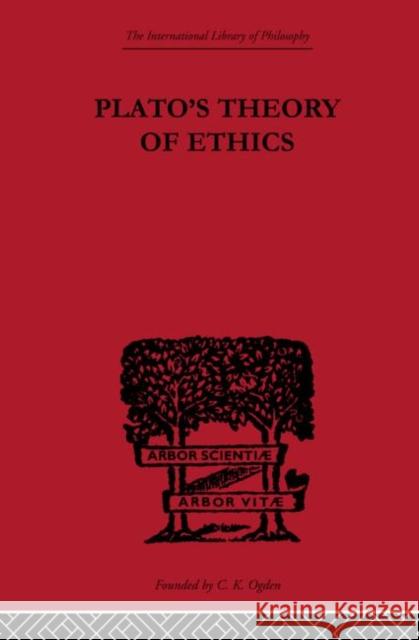Plato's Theory of Ethics : The Moral Criterion and the Highest Good » książka
topmenu
Plato's Theory of Ethics : The Moral Criterion and the Highest Good
ISBN-13: 9780415613941 / Angielski / Miękka / 2010
Plato's Theory of Ethics : The Moral Criterion and the Highest Good
ISBN-13: 9780415613941 / Angielski / Miękka / 2010
cena 174,48
(netto: 166,17 VAT: 5%)
Najniższa cena z 30 dni: 173,75
(netto: 166,17 VAT: 5%)
Najniższa cena z 30 dni: 173,75
Termin realizacji zamówienia:
ok. 22 dni roboczych
Bez gwarancji dostawy przed świętami
ok. 22 dni roboczych
Bez gwarancji dostawy przed świętami
Darmowa dostawa!
First published in 2000. Routledge is an imprint of Taylor & Francis, an informa company.











